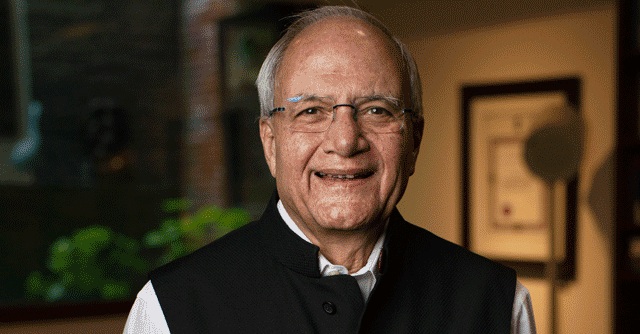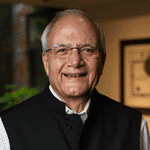
Broadband as fundamental right will reduce poverty


The pandemic opened vast arenas of space for techpreneurs to showcase their skills. Remote work and collaboration tools created new business models. Science became more humane as larger populations of people understood it better. Tech is pervading all sectors now. Artificial Intelligence, Blockchain, Cloud computing and Data Analytics are the buzzwords that are making our lives simpler each day. Remarkable shifts in the way we transact, work and play would have been part of science fiction at one time. Pushing greater investments into next gen technologies is now table stakes. Technology consultancy Gartner predicts that globally IT spending will touch $4.5 trillion in 2022, an increase of 5.1% from 2021.
Cheap data plans and affordable phones have seen a huge increase in internet penetration, creating unparalleled levels of comfort for end-users. A study by analyst firm Nielsen has found that of the 646 million internet users in India, 352 million are in rural areas. Though 60% of rural India does not have internet access, there are 20% more rural than urban internet users. In 2020, the penetration rate of smartphones in India reached 54% and was estimated to reach 96% in 2040, more than double from 2016, when only around 23% of the total population were using smartphones.
Technological transformations are not isolated events; rather, it’s like an octopus with arms dipping in various sectors complementing/feeding each other, growing along the way. Today dazzling possibilities are emerging with the next generation of cellular technology 5G. Location science is transforming key development sectors like Health, Logistics, Mobility, Water, Farming, and so on. The government is redesigning development programs on the back of digital technologies like the flagship programs like Digital India, Digital Saksharta Abhiyan, Smart cities, Study Webs of Active-Learning for Young Aspiring Minds (SWAYAM), PM e-Vidya, the rural property survey Svamitva scheme, and many others. Online education, telemedicine, robotic surgeries, increasing metaverse applications, door-step deliveries, and many such facilities are having a huge transformational impact on our lives. AI-based diagnosis, disease surveillance, and virtual health are now well understood. Given that the online world is opening up leaps of possibilities, broadband connectivity should be made a fundamental right. The internet is a basic human right in Finland, Estonia, France, Spain, Greece, and Costa Rica. Just like roads and highways, in a digital-first world, digital highways bring the kind of connectivity, remarkable speed and security that only the digital world is capable of. In terms of possibilities, we are going to be limited only by imagination (or lack of it) now!

The India Stack with its twin components—Aadhaar, the unique identifier for each citizen, and UPI, the digital payments infrastructure built by the National Payments Corporation of India (NPCI)--has closed gaps in financial inclusion, and are effectively delivering services to citizens. As per a PwC study, UPI transactions increased at a 785% compound annual growth rate between 2017 and 2020.
The decade old Bharat Net project aims in a phased manner, to provide a minimum of 100 Mbit/s broadband connectivity to all the 2.5 lakh Gram Panchayats (GPs), covering nearly 6.25 lakh villages. Unfortunately, it’s been plagued by delays, and that causes a mismatch in Bharat India accessibility. A research paper by Ericsson points out a 10% increase in mobile broadband adoption causes an initial 0.8 percent increase in GDP. This is an important consideration for policy to take the long view and usher in a new era of development growth where the entire population of 1.3 billion are covered equally.
Connectivity allows entrepreneurship and great ideas to thrive. The government cannot be present everywhere, to solve each and every micro problem. Such endeavours are best taken up at the local level. And for that we need connectivity. For innovation to pollinate in rural sectors, among marginalized communities, for women to explore their potential,

for all children to acquire greater skilling, it’s important to first bring them access. Dr CK Prahalad, the well-known strategist used to say- “The poor are poor because they don’t have information”. And therefore, broadband as a fundamental right will enable reduction of the poor in the country. To be allowed a level-play to plan out growth is fundamental to equity. By the same logic, quality broadband should be a fundamental right as it's crucial to economic growth.

Ajai Chowdhry
Ajai Chowdhry is the Chairman of Epic Foundation and Founder of HCL.
